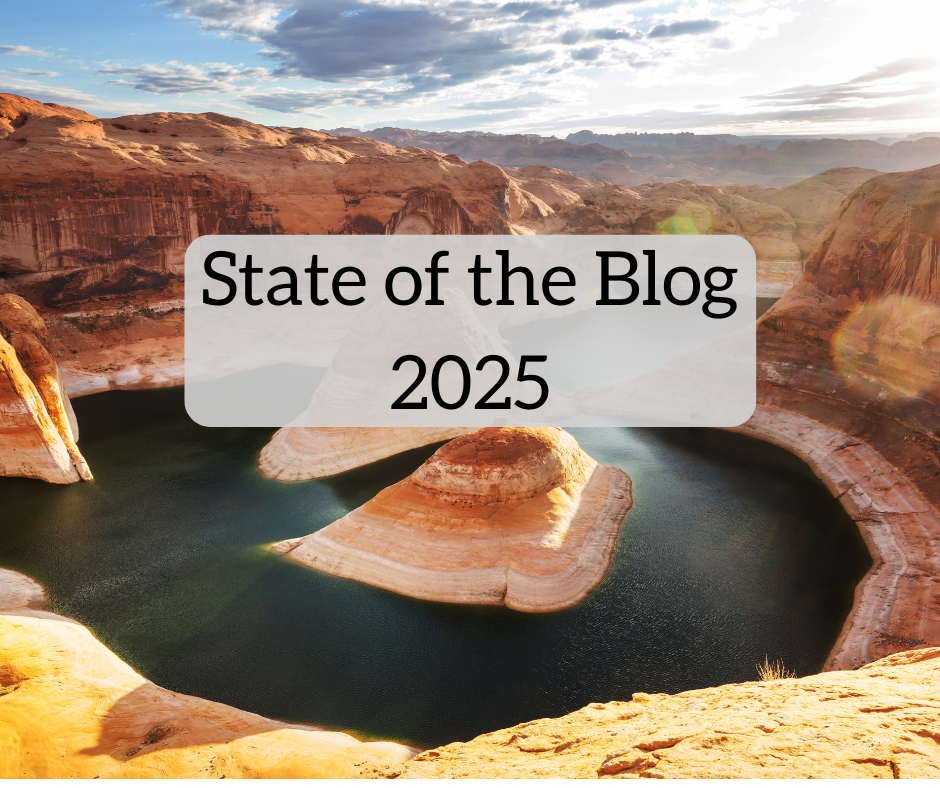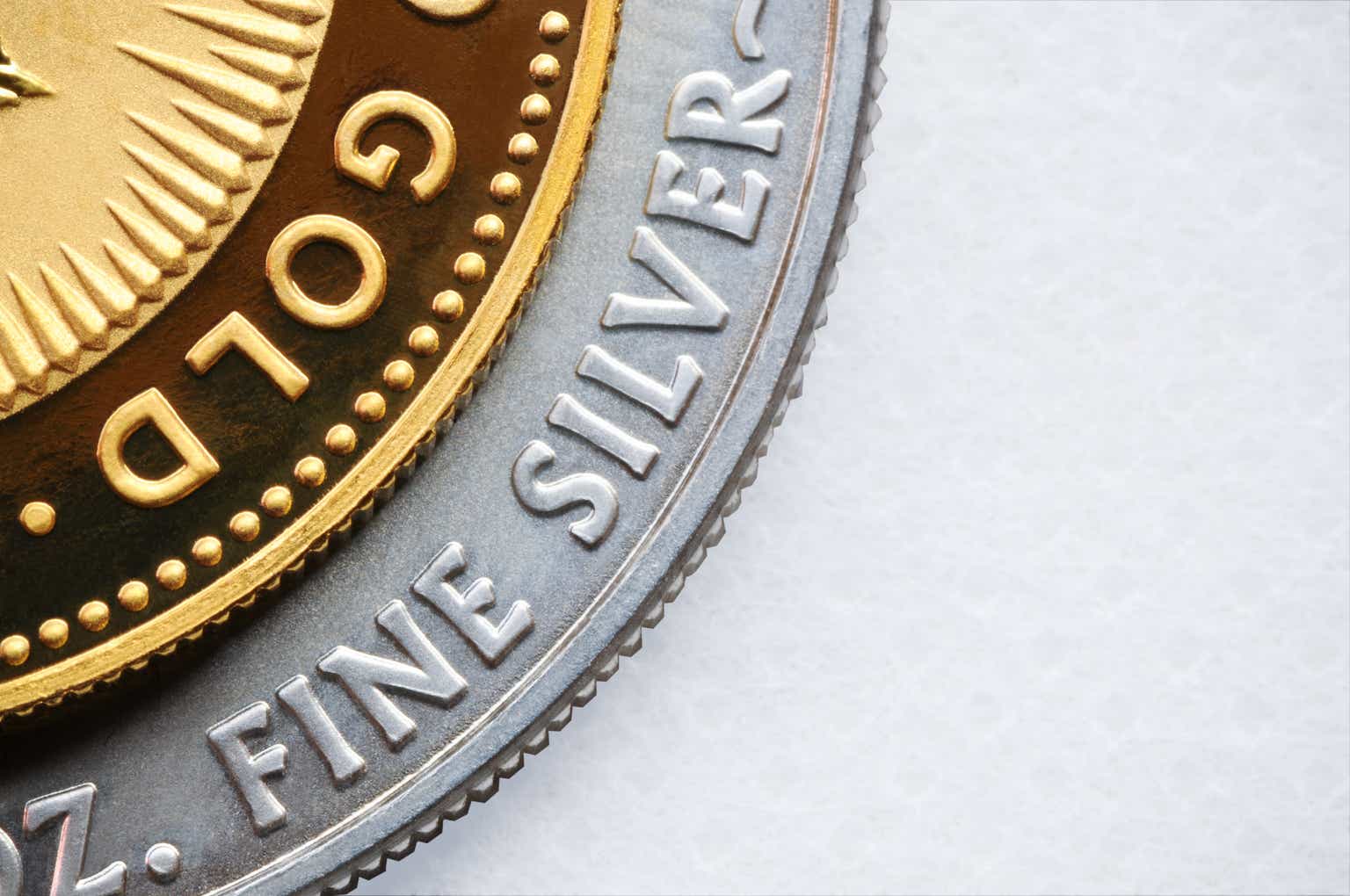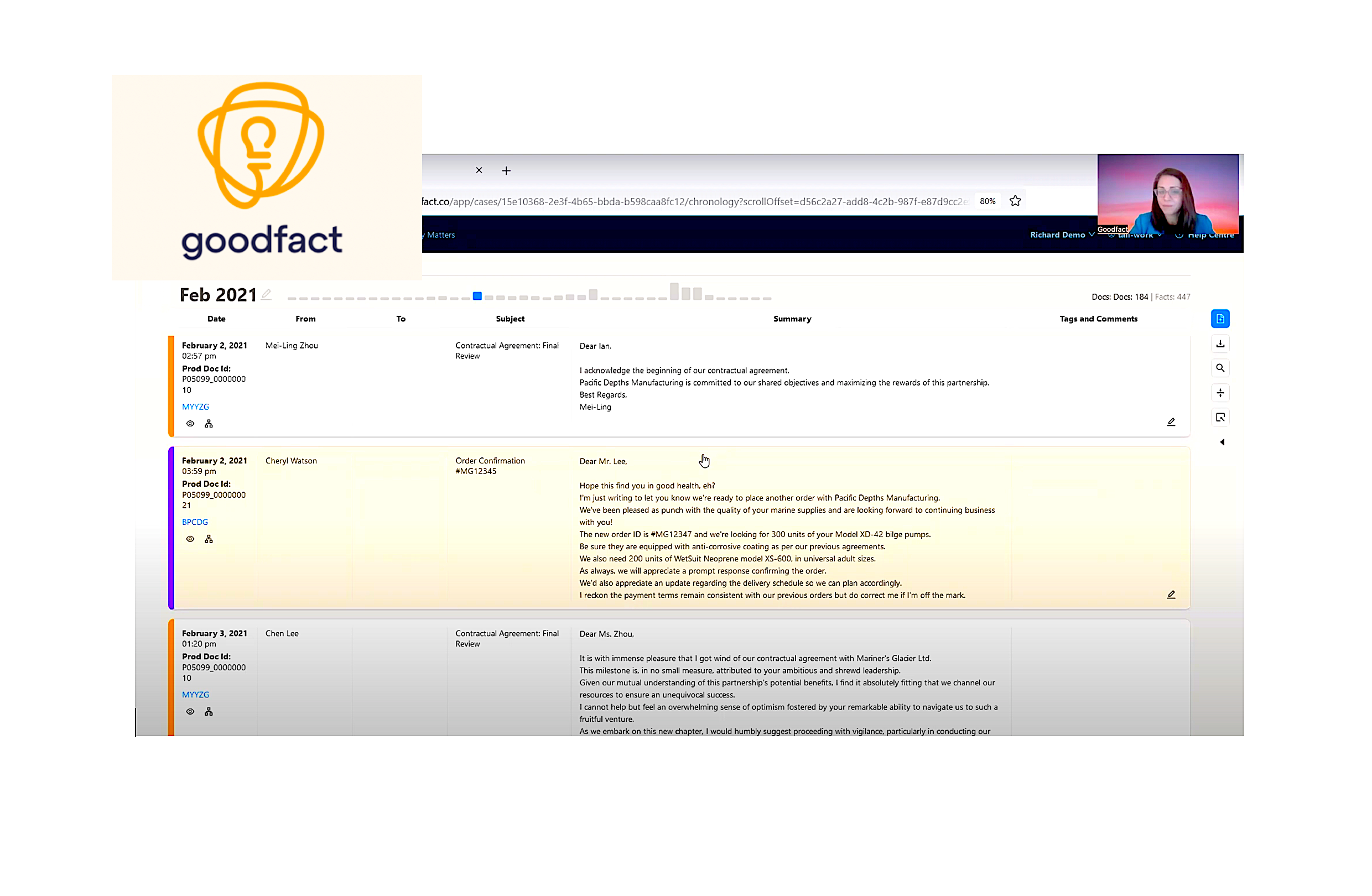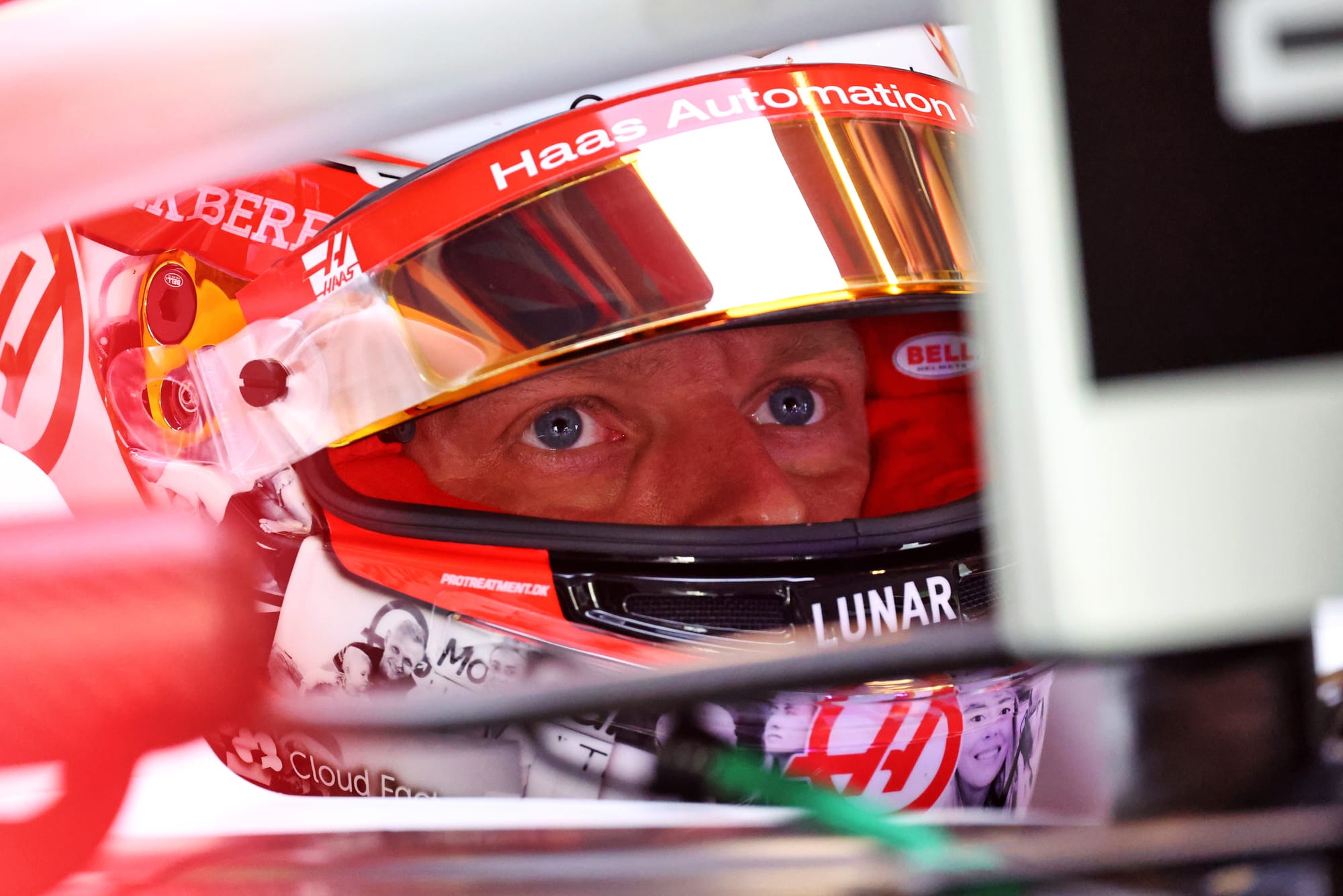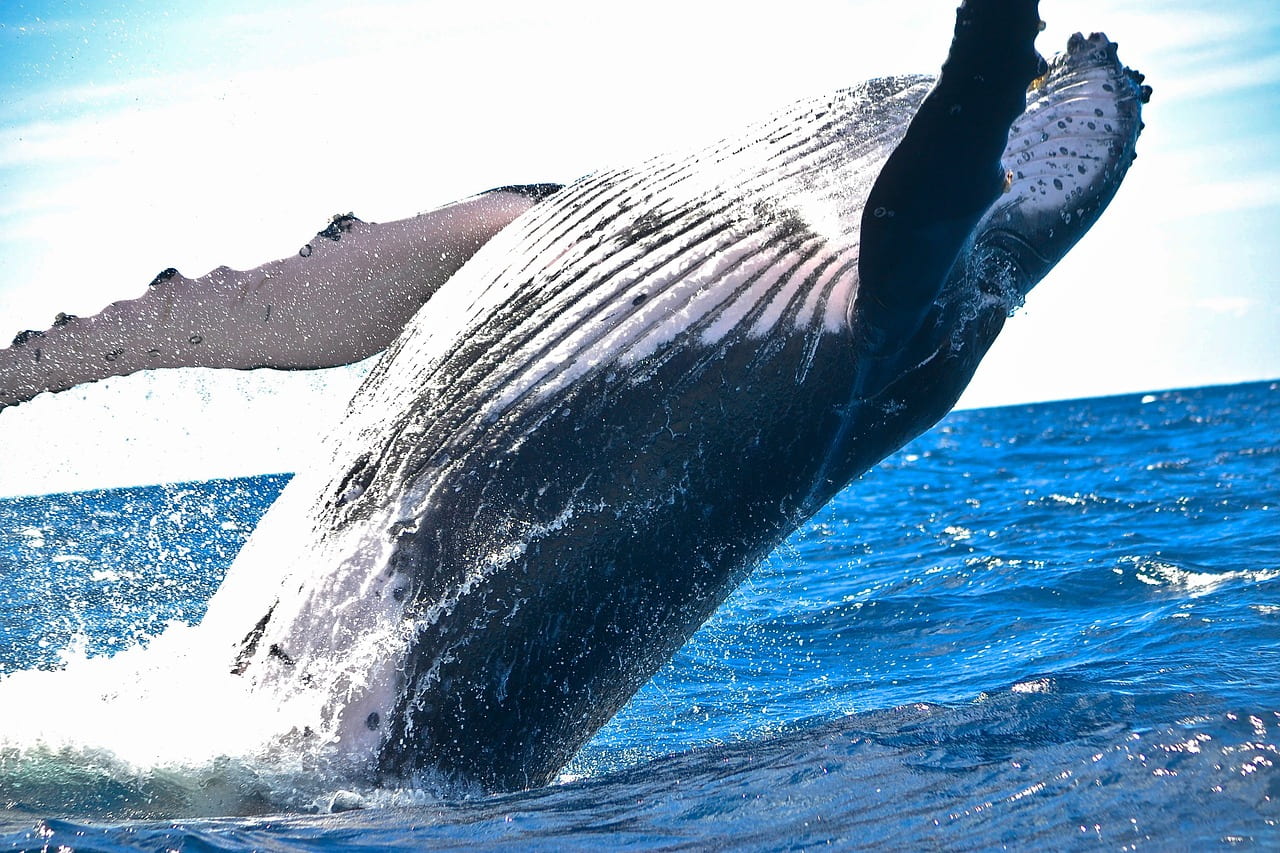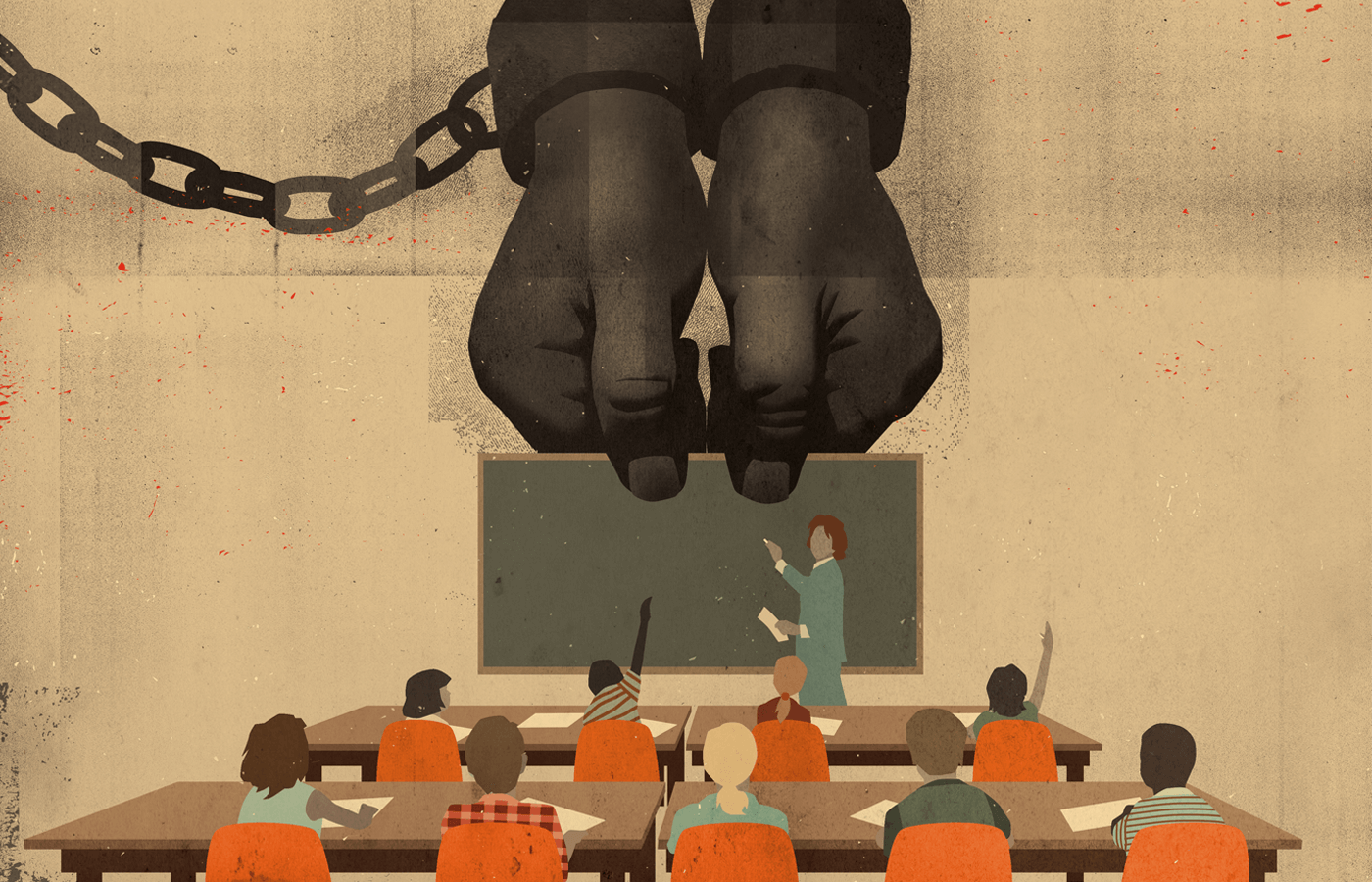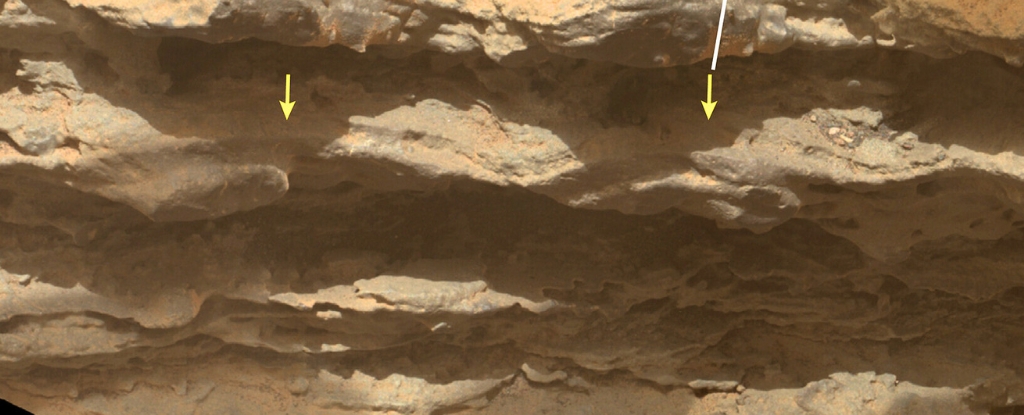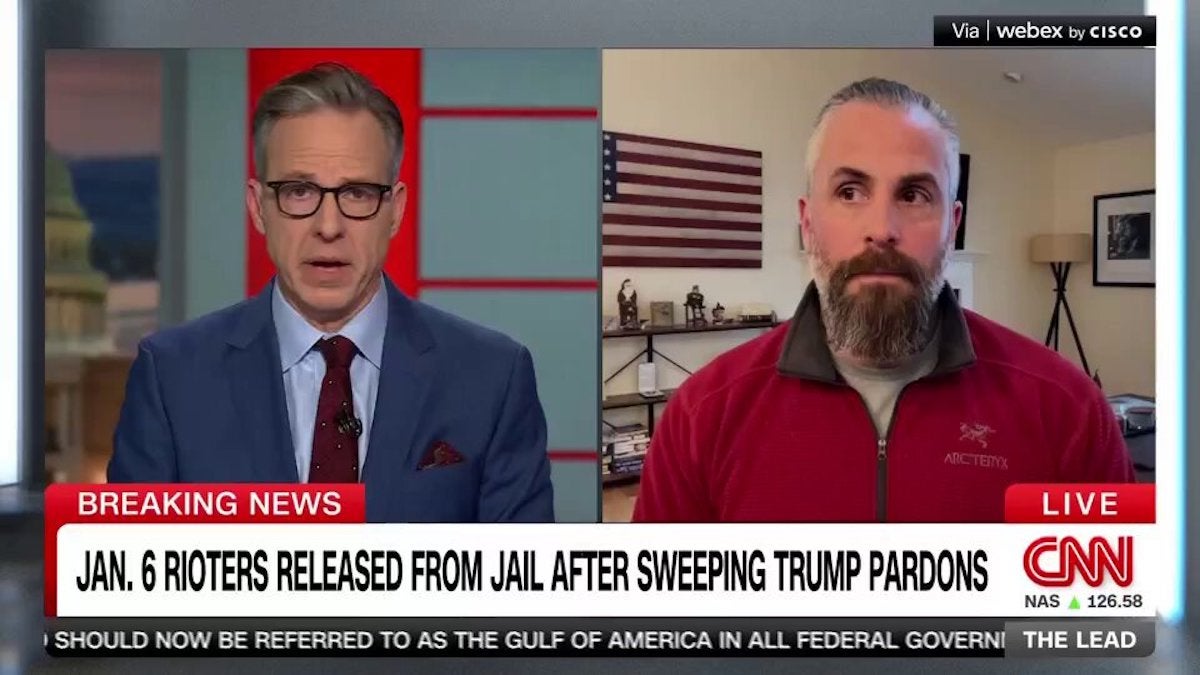There’s a New Language Sheriff in Town
Whether renaming the “Gulf of America” or issuing edicts on gender, Trump is enforcing his own brand of political correctness.

Of all the people who might come to mind while watching Donald Trump deliver his inaugural address, the French postmodernist thinker Michel Foucault would not seem obvious. But it was Foucault who theorized about how “discourse” expresses power and shapes what we think of as truth. And there is no more bludgeoning use of discourse than the decision to rename the tallest mountain in America or the ninth-largest body of water in the world.
Long before the French postmodernists, the Bible made clear what the act of naming could do; it literally created the world. But Foucault understood how this power was exercised in the hands of human beings as they jostled to establish whatever reality benefited them most.
In our current culture wars, the left gets accused of playing loose with language that is supposedly eternal and universal, distorting the meaning of words in order to suit its ideology. Wish someone “Happy Holidays” instead of “Merry Christmas,” and what you’re really trying to do, or so Fox News would argue, is erase the birth of Christ. “I’ll tell you one thing: I get elected president, we’re going to be saying ‘Merry Christmas’ again,” Trump said on the stump in 2016.
But if the charge against renaming Fort Bragg or the Washington Redskins is that history can not just be waved away with a wand, then it’s notable that Trump’s first executive orders include two such discourse-altering flourishes. He is not just putting something back the way it was. He is affirming the fungibility of language, and indicating that what MAGA world wants is not so much to defund the PC police as to empower its own sheriff.
“A short time from now, we are going to be changing the name of the Gulf of Mexico to the Gulf of America,” Trump said in his speech. “And we will restore the name of a great president, William McKinley, to Mount McKinley, where it should be and where it belongs.” These were the more obvious acts of naming; others were more subtle and also more pervasive. He asserted that “there are only two genders: male and female” and that he was creating an “External Revenue Service,” a nifty Orwellian shorthand meant to assure Americans that instead of taxing them, Trump was going to use tariffs to tax everyone else.
[Read: How the Village People explain Trump]
The case of Mount McKinley offers a particularly telling illustration of how power shapes language—and how Trump is not just defending tradition, but happily rewriting it.
The mountain was first dubbed McKinley by a gold prospector named William Dickey in an 1897 article in The New York Sun. Dickey had a good, if selfish, reason. McKinley had just become the Republican nominee for president and supported the gold standard, which would keep the value of gold high—and Dickey’s prospecting lucrative. McKinley himself had never even visited Alaska. The name was made official in 1917. But the mountain already had a name, Denali, which was how the native Athabaskan people had forever referred to it—Denali meaning “the high one.” Alaskans continued to use the old name, and in 1975 the state’s legislature and governor requested a change back to Denali, which the federal government denied. Forty years later, President Barack Obama decided to make Denali the mountain’s official name in recognition of these facts (and as a way of rewarding the Native populations in his political coalition). Now, even as Trump looks to honor one of his favorite presidents by reverting to Mount McKinley, it’s worth noting that the two Republican senators from Alaska are opposed. The office of Dan Sullivan, one of those senators, told a reporter that he “prefers the name that the very tough, very strong, very patriotic Athabaskan people gave the mountain thousands of years ago.”
Whether Trump realizes it or not, with his name game, he is following the same playbook he has accused progressives of abusing when they have sought to change the record. The “Gulf of America” is an even more blatant example, because the new name seems to have emerged out of the whole cloth of Trump’s mind (which is probably also why Hillary Clinton couldn’t suppress her laughter at its mention). What could this be other than a symbolic vanquishing of Mexico—a malignant force in Trump’s cosmology—without having to do more than change one word? He is affirming the magic of language to affect perception, and he is changing perception to rearrange the truth. As Foucault put it in one of the interviews collected in the anthology Power/Knowledge, “Each society has its regime of truth, its ‘general politics’ of truth: that is, the types of discourse which it accepts and makes function as true.”
From his dais inside the Capitol, in a speech meant to set the tone for his next four years in office, Trump blew the whistle on a new phase in the culture war. He confirmed something we should already know: He is postmodern. Trump and his allies might profess an allegiance to a way of thinking that is older and more foundationally American (they say they want a return to greatness), but really he is interested in writing his own new reality, using a Sharpie to draw the lines in whatever ways rebound to his power.
After Trump first announced his intention to rename the gulf at a press conference earlier this month, a meme went around mocking his magical thinking with the suggested name “Gulf of How Does This Lower Grocery Prices?” Part of the right’s anti-woke argument has always been that progressives deploy language in ways that twist natural and self-evident meaning—say, by expanding categories of gender beyond a long-accepted binary. The argument posits that this is a kind of trickery, and that people already know what they know. Trump might discover the same thing. He can call things by different names, and hope that this changes the way people think. But in the end, they know what they know. And if the price of eggs is still high, he could call it the “Gulf of Oz” and it won’t matter a bit.
What's Your Reaction?












